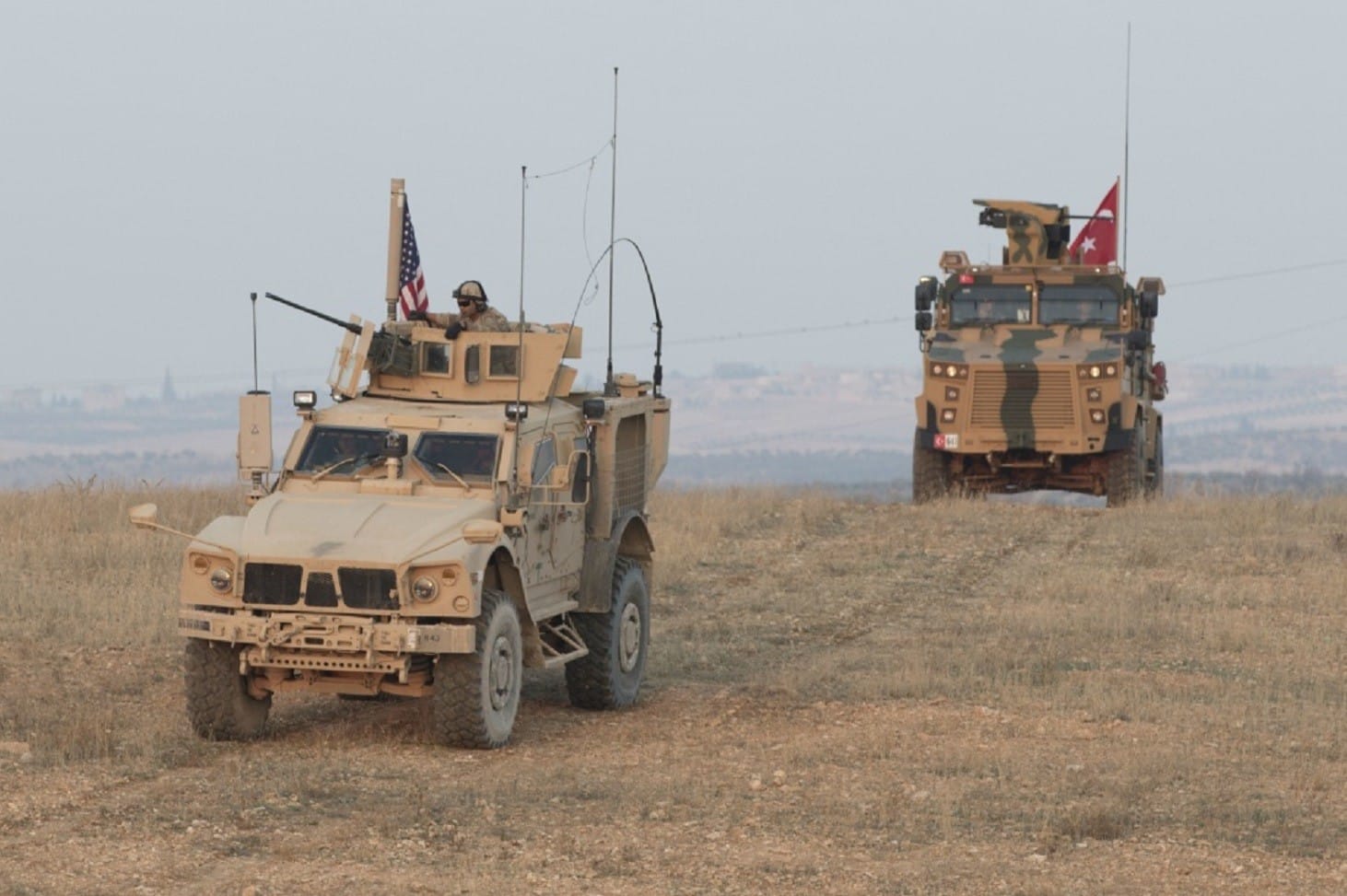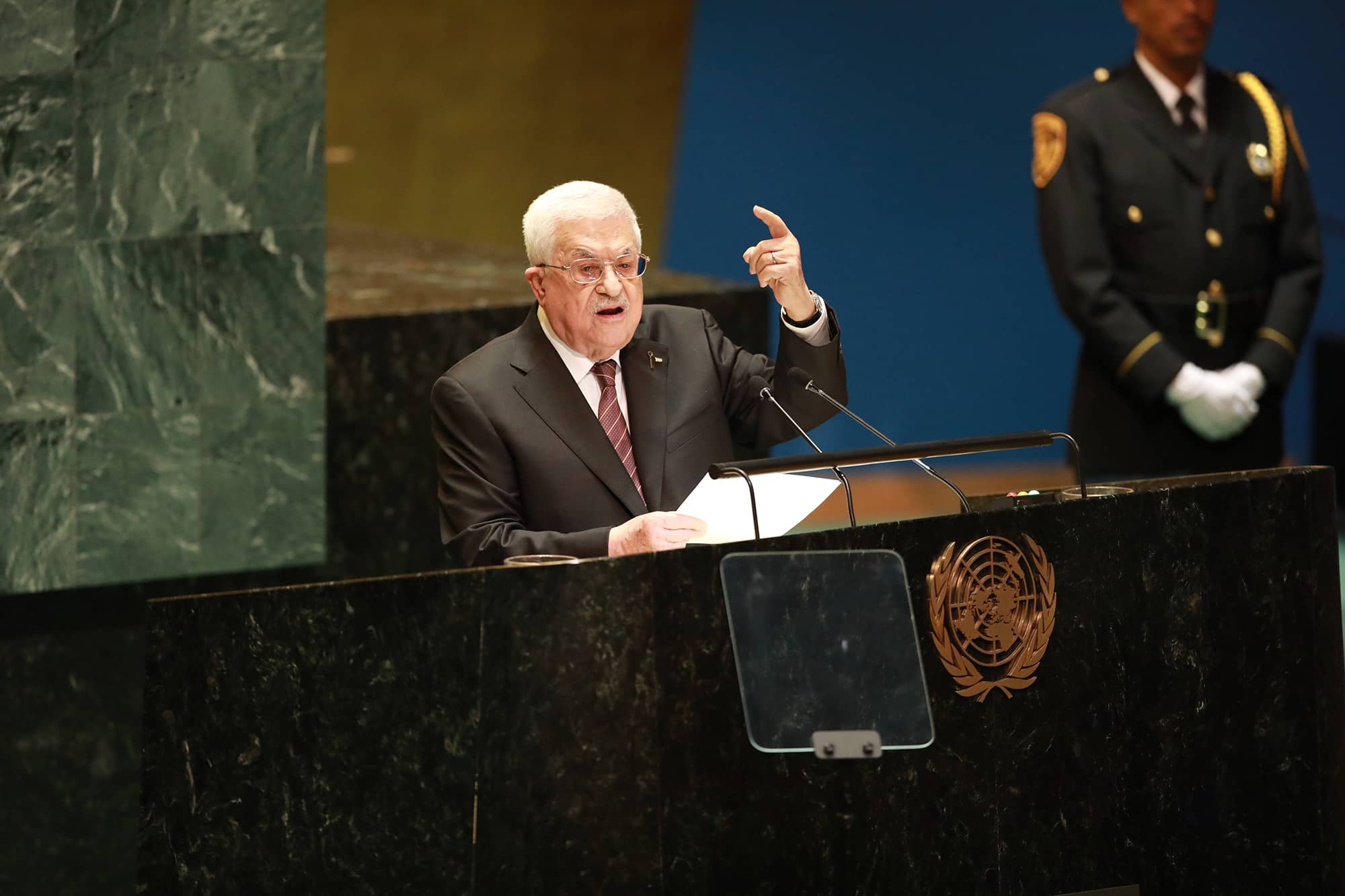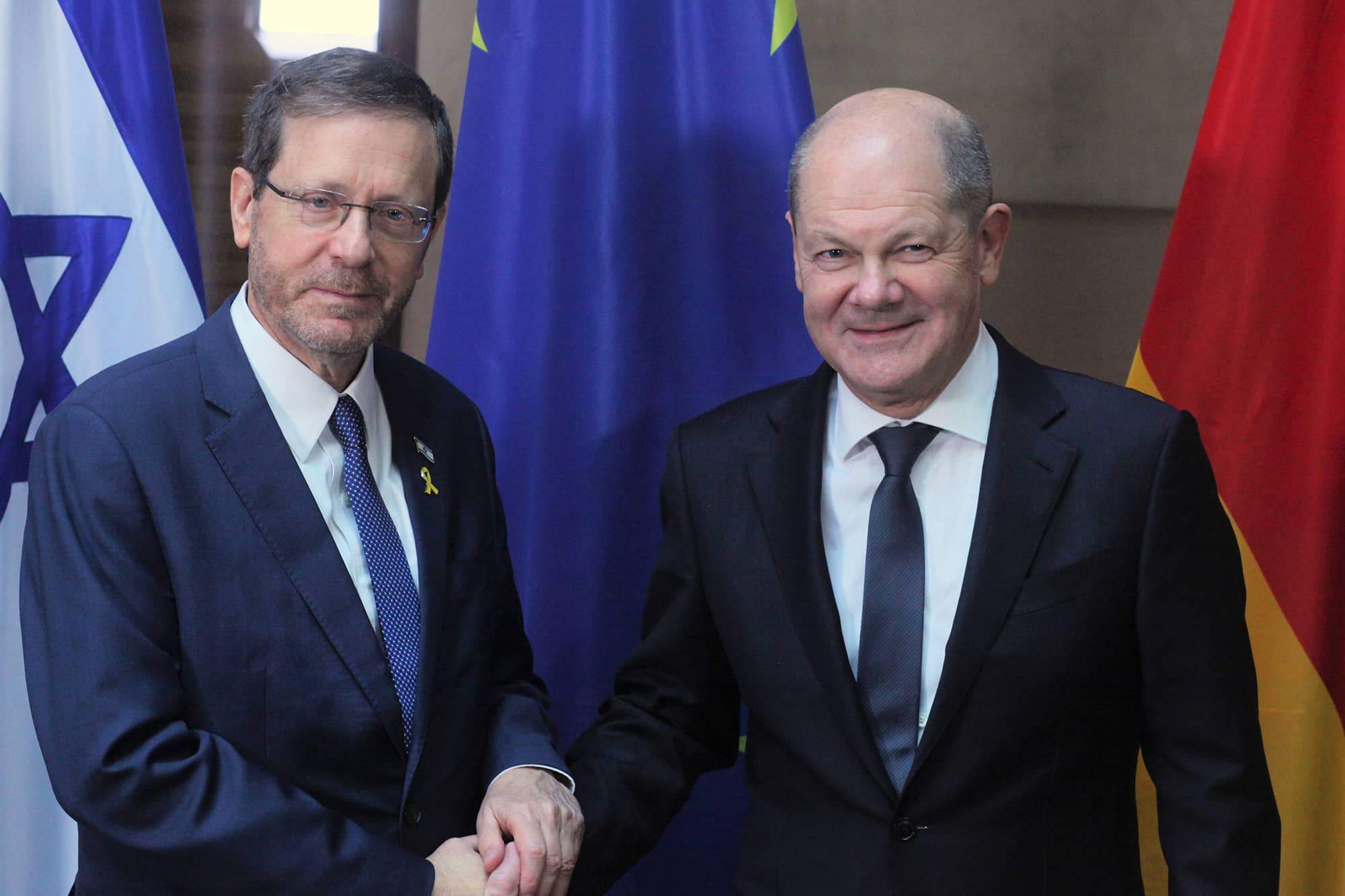For moral and strategic reasons, it is necessary to act now to avoid the collapse of the Syrian Democratic Forces (SDF) and the Kurdish autonomy in northeastern Syria (an area the Kurds call Rojava). Despite US President Trump’s decision to withdraw all US troops, much can still be done. This includes providing the SDF and their KRG neighbors with a better capacity to defend themselves, and pressuring Erdogan not to launch a campaign of conquest (and destruction).
A most dramatic consequence of Trump’s decision to withdraw all troops from Syria – against the advice of Secretary of Defense Mattis, who resigned – could be the collapse of the SDF, a largely Kurdish militia now in control of much of northeastern Syria. This could happen either because of an impending Turkish invasion (which is bound to be prolonged, extremely hard fought, and therefore catastrophic in terms of human suffering and dislocation), or through SDF submission to the Assad regime and to Iran, or a sad combination of both.
While likely, it is not an inevitable outcome. The coalition forces, key international players, and regional parties can possibly help preserve the SDF, deter Erdogan from obliterating and Kurdish autonomy in much, if not all, of their present areas of control in Syria (or Rojava, i.e., the “sunset”, westernmost, parts of the Kurdish populated areas of the Middle East).
There are strong moral reasons for doing so. The SDF is the force that turned the tide in Kobani against IS, that saved some of the Yazidis from genocide, and helped take Raqqa and bring about the defeat of IS that Trump is now celebrating (prematurely?). They deserve better than to have their alliance with the US dismissed by an American official (James Jeffrey, a good and able man, but now obliged to tow the president’s line) as merely a “transactional” relationship, which can now be set aside. Abandoning loyal partners is never a wise policy for moral as well as strategic reasons. It is a lesson to many others as to the reliability (or unreliability) of the US as an ally, versus the prospect of turning to Russia or Iran.
Kurdish collapse could have dangerous immediate consequences. If indeed the Turkish military, under Erdogan’s neo-Ottoman leadership, would be ordered to invade the full extent of the Kurdish region in Syria – as happened in the ‘Afrin area earlier in 2018 – the consequences can be severe, both in terms of human losses and dislocation and in seriously upsetting the balance of power in the region. Alternatively, the SDF may be forced into a form of submission to the Assad regime and to Iran, in which case the task of opening a contiguous land corridor to the Mediterranean and to the borders of Israel and Jordan would be greatly simplified.
For these good reasons, measures need to be taken in the short period ahead, while the withdrawal is being implemented.
To begin with, the US military and other relevant US agencies need to do all that can be done to leave behind a well-equipped and cohesive SDF still capable of holding on. Of crucial importance in possibly deterring a Turkish attack (and thus reducing or eliminating the need to appeal to Assad and Iran for help) would be a ground-to-air capacity that was sorely lacking in ‘Afrin and likely to be a game-changer in the case of an extensive invasion. Those in the US Congress who were troubled by the President’s decision, but unable to overrule the President, would do well to act rapidly to offer military, political and moral support to the SDF (and to the KRG across the Iraqi border, who may be drawn into the conflict).
This effort needs to be backed, complemented and even overtaken by significant help in money and materiel coming from countries who understand to contain Iran and to dissuade the Kurds from seeking shelter under Tehran’s wings. Trump was right in this one aspect: The time has come for those in the region, who share the existential fear of Iranian ambitions, to put their money where their mouth is, and shoulder the burden of sustaining and supplying the SDF.
Meanwhile, and potentially even more important and immediately effective, a major diplomatic effort, backed by stick and carrot, needs to be launched to deter Erdogan from launching an all-out assault. The release of pastor Brunson has already indicated that Turkey cannot ignore American pressure. Both the Administration and Congress need to make it clear to Ankara that a massive campaign in Rojava – attended, as it is bound to be, by extensive civilian suffering – will do real long-term damage to Turkey’s standing in Washington (and beyond). It will irretrievably sink the F-35 deal which is now still dangling, and other cooperative plans. It may also lead to some form of unofficial curtailment of Turkey’s privileges in NATO. Economic measures may follow.
This may still fail to stop a determined Turkish policy. But if the military and the diplomatic and economic price of such a policy will continue to rise, the decision to act may at least be deferred towards the indeterminate future.
In parallel, Kurds in both Rojava and the KRG should be encouraged to avoid all transactions with Tehran which might compromise their autonomy and perhaps future independence. At the same time, it may also still be possible to enlist Russian help in sustaining their autonomy, which Moscow had supported in the past; not least, because of the interest in Kurdish energy. From Israel’s point of view, a Russian role remains distinct from, and preferable to, Iranian or Turkish dominance.
JISS Policy Papers are published through the generosity of the Greg Rosshandler Family.
photo: U.S. Army photo by Spc. Zoe Garbarino [Public domain], via Wikimedia Commons















